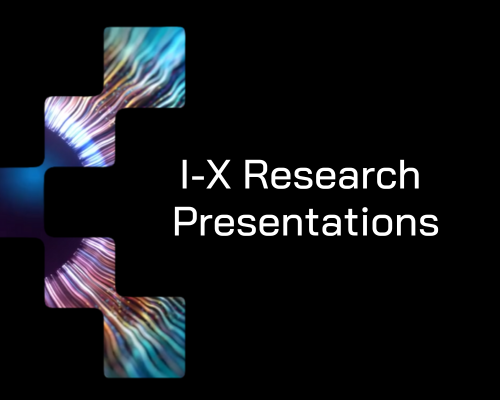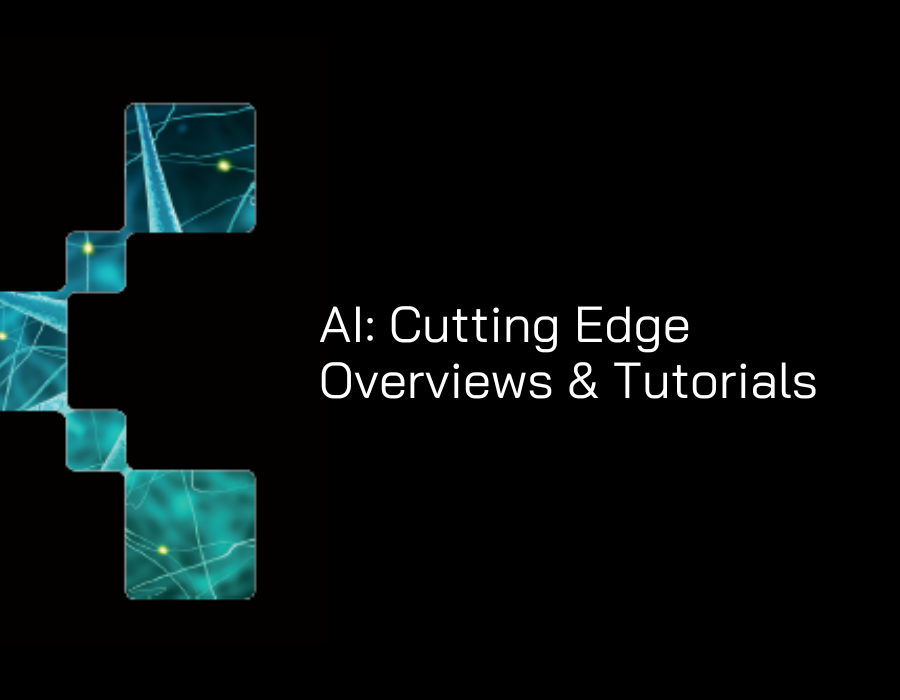Professor Hamed Haddadi
Hamed is the Professor of Human-Centred Systems at the Department of Computing at Imperial College London. He also serves as a Security Science Fellow of the Institute for Security Science and Technology. In his industrial role, he is the Chief Scientist at Brave Software where he works on developing privacy-preserving analytics protocols. He is interested in User-Centred Systems, IoT, Applied Machine Learning, and Data Security & Privacy. He enjoys designing and building systems that enable better use of our digital footprint, while respecting users’ privacy.



